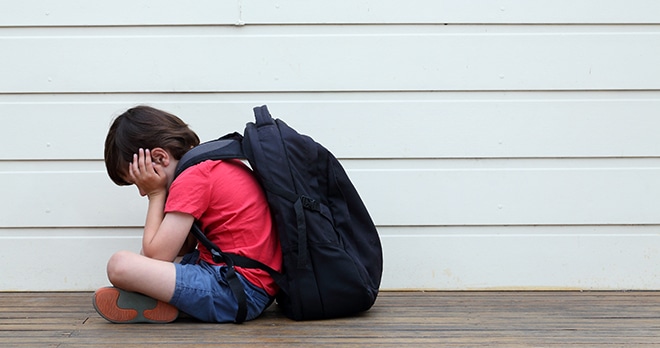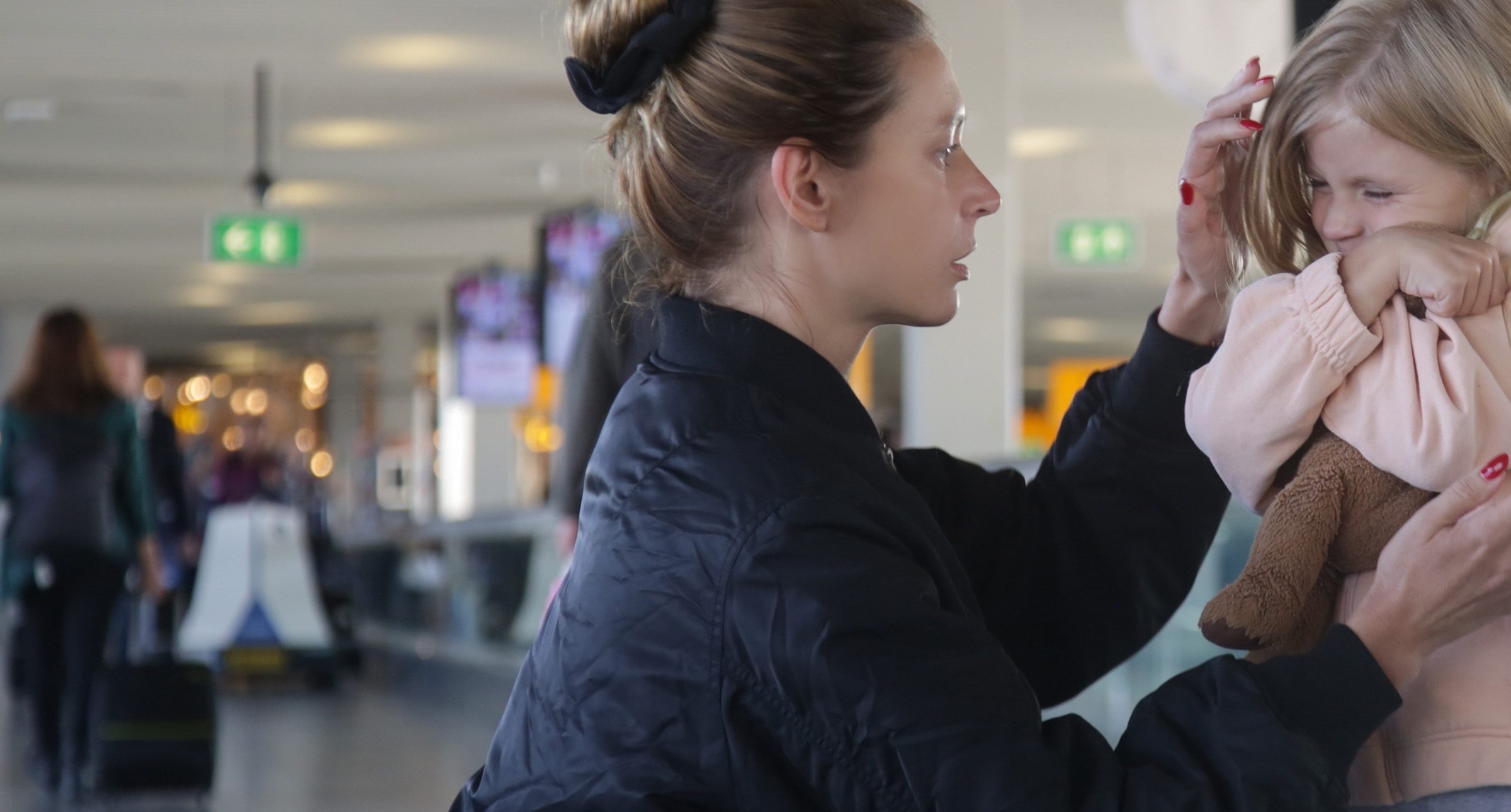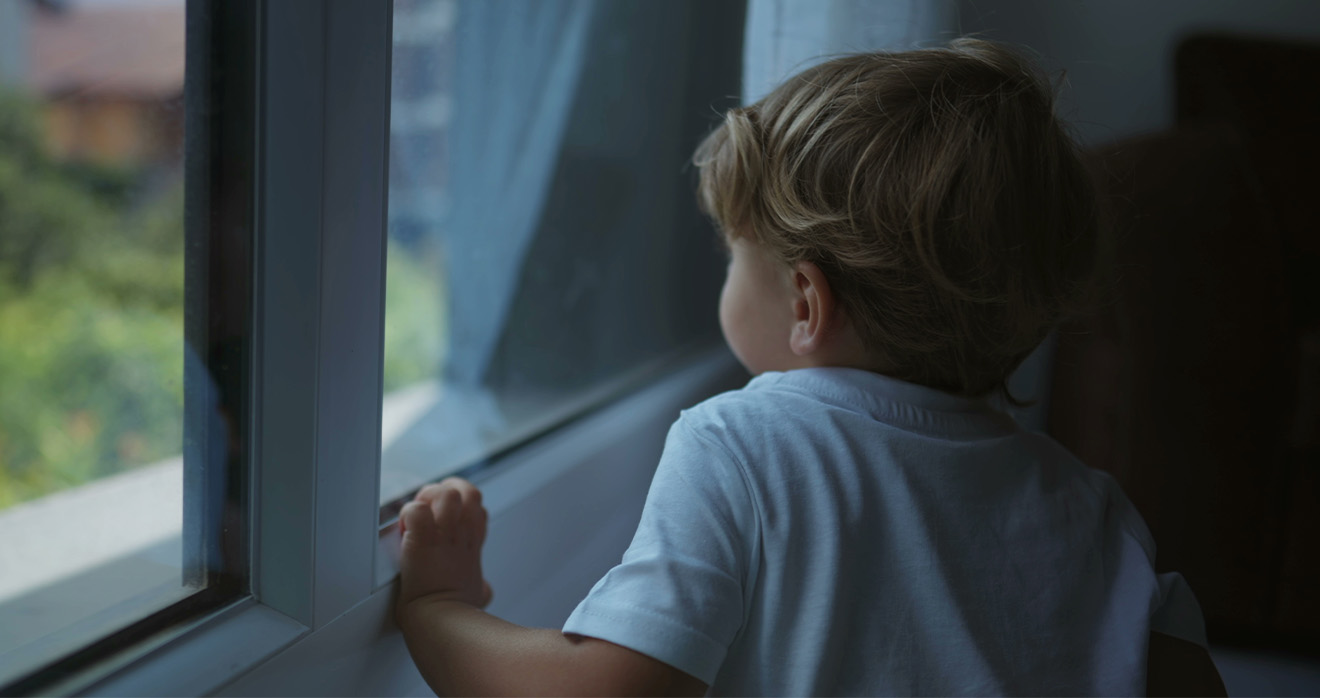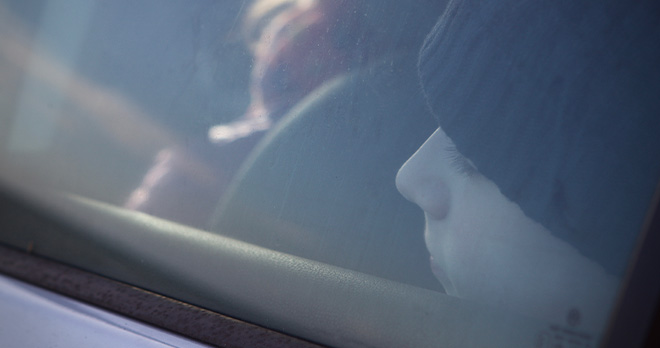What will happen with my Child Arrangements case?

What is a Child Arrangement case, and what is the law and procedure?
The law can be confusing in terms of the Court process and language used. This blog will explain what happens with a Child Arrangements case in terms of the law and procedure.
A Child Arrangements case in the UK is a legal matter that deals with the arrangements for the care and upbringing of children. It can be a complex and emotive process, but it is important to remember that the court’s primary concern is always the welfare of the child.
There are a number of different ways to resolve a Child Arrangements case. The best approach will vary depending on the specific circumstances of the case, but it is always preferable to try to reach an agreement with the other parent outside of court. This can be done through mediation, negotiation, or other forms of alternative dispute resolution.
If you are unable to reach an agreement with the other parent, you may need to apply to court for a Child Arrangements Order. This is a legally binding order that sets out where the child will live and how much time they will spend with each parent.
Just want to speak to us?
Child Arrangement law - The Courts
Applications in respect of children are made in the Family Court and may be dealt with by a Circuit Judge, District Judge or Magistrates’. The case will be allocated depending on the nature and complexity of the case.
Orders
The types of Orders that can be made by the Courts under the Children Act 1989 are as follows: –
-
Child Arrangements Orders – Live With and Spend Time With;
A Child Arrangement Order is an order that regulates and defines the arrangements for a child. It will define who the child is to live with and determines who the child should spend time with and on what basis.
-
Prohibited Steps Order
A Prohibited Steps Order is an Order which prevents a parent from taking steps specified within the Order.
-
Specific Issue Order
A Specific Issue Order is an Order which deals with a specific issue e.g. which school a child should attend or whether a child should be allowed out of the country either temporarily or permanently. It can also be used if there is a dispute between parents as to whether a child should receive certain medical treatment.
-
Parental Responsibility Order
A Parental Responsibility Order may be made to allow a parent or in some circumstances a step-parent or civil partner to share parental responsibility in respect of a child. The Order allows the applying parent to have the same rights, powers, duties and responsibilities in respect of the child that a mother and a married father acquire automatically. It does not determine the day to day care and control of the child.
-
Special Guardianship Order
A Special Guardianship Order is an Order made in favour of a person who may be caring for a child that would otherwise be fostered or adopted. A Special Guardianship Order elevates the person in whose favour it was made to a greater legal status than that of natural parents. There are financial and support benefits available with this type of order and natural parents cannot apply for such an Order.
Process
Unless certain circumstances apply, the Court will expect you to have attended a MIAM (Mediation Information Assessment Meeting) prior to issuing any Court application in respect of children. The Court is keen for parents to consider options for alternative dispute resolution where possible and this can often be an effective way of resolving differences. In some cases it is possible for the MIAM to take place remotely.
If there are grounds to claim an exemption from a MIAM, you may be required to provide evidence to support your exemption. Examples of where an exemption could be claimed are that if there is evidence of domestic violence or a significant risk to a child if Court proceedings were delayed.
Application
An application for Child Arrangements Orders, Prohibited Steps Order and Specific Issues Order is made on an application form C100. If you are the person applying for the Order then you will be referred to as the ‘Applicant’. If you have been served with an application you will be referred to as the ‘Respondent’.
Both parties are required to detail within the application form, their last addresses going back 5 years. This is because CAFCASS (Child and Family Court Advisory and Support Service) are required to carry out safeguarding checks upon both parties prior to the first Hearing. The parties will usually be contacted (although not always) by a CAFCASS officer prior to the first Hearing date. The safeguarding checks, which usually involve checking police records and checking to see if the Local Authority have had any involvement with the family, are consolidated and presented in a short letter filed before the Hearing. This is called a Schedule 2 letter.
A C1A form is required if a party is making or responding to allegations of harm and domestic abuse.
A C2 form is used for any further applications made within the proceedings.
CAFCASS
CAFCASS are independent court welfare officers who represent the interest of child and young people in the family court. They advise the court about what is safe for the children and in their best interests.
FHDRA
The Court will issue the application and list the matter for a FHDRA (First Hearing Dispute Resolution Hearing). A FHDRA Hearing is usually listed between 4-8 weeks after the Court has issued the application form. However, this does vary from Court to Court depending on how busy they are.
At the FHDRA the Court will be enquiring into the possibility of whether there is any chance of agreement. If the parties are unable to agree the issues at the first Hearing then the Court will have a think about and decide what action is needed to move the case forward.
A FHDRA Hearing is usually listed for 15 or 30 minutes worth of Court time and therefore is a very short hearing. In reality, there are often lots of discussions that take place outside of the Court room and as this is a first Hearing, it does not provide the opportunity for both parties to air all their grievances or for the Court to hear oral evidence from either party.
If the matter cannot be agreed, the Court will have to decide whether it is appropriate for the parties to file written statements setting out their case and their arguments for and against a particular Order being made. The Court will also have to consider whether or not there should be on-going involvement from CAFCASS.
Allegations of Domestic Violence, Scott Schedules and Finding of Fact Hearings
In cases where there have been extreme allegations of domestic violence which are directly relevant to the welfare of a child, the Court may feel it necessary to have an additional Hearing called a ‘Fact Finding Hearing’ to determine whether or not the allegations are true before moving the case forward. This involved a schedule of allegations (often known as a Scott Schedule) being prepared by the person making the allegations, and then the person facing the allegations will have an opportunity to respond to the allegations in the same schedule.
This is usually accompanied by a statement describing the allegations in greater detail, as the schedule is designed to be a concise document. Once the evidence has been filed, there will then be a contested Finding of Fact Hearing, where all parties give evidence and can be cross-examined. The Court then determine which of the allegations they deem to be ‘found’ or ‘not found’.
S7 Report
Sometimes in children matters CAFCASS can be instructed to prepare a Section 7 Report which is a full welfare report looking into the issues and concerns raised by both parents. The CAFCASS officer will ordinarily take 12-16 weeks to prepare such a report and will conclude by providing recommendations to the Court as to whether they think a particular Order should be made and if the Order relates to a time that a child spends with a particular parent, it may provide recommendations as to what amount of time should be spent and in what circumstances. The recommendations of CAFCASS are not legally binding but they are influential. The Judge will generally follow the recommendations of CAFCASS unless there is good reason to depart from what is being recommended.
S37 Report
If there are grave concerns about the welfare of any child the Court could ask Social Services to prepare their own report and to consider whether they should commence care proceedings.
Final hearing
If matters cannot be agreed following the filing of evidence and potentially the filing of a CAFCASS report, the Court will list the matter for a Final Hearing. The Court will then make a determination as to whether any Orders applied for should be made and whether there should be any restrictions in respect of the same.
The above is a very rough guide. There are times when this process will be shortened or extra stages added. If there is an urgent issue then the Court may arrange for an interim Hearing to take place before the Court Welfare Officer before any reports are filed by CAFCASS and make interim findings.
How will the Court decide?
The Court will have to consider a number of different factors when deciding what Orders to make in respect of a particular child. The child’s welfare will be the Judge’s paramount consideration.
In addition to this the Court will also have regard to the welfare checklist, which includes the following:-
a) The wishes and feelings of a child concerned in light of their age, understanding and majority;
b) The physical, emotional and educational needs of the child;
c) The likely effect on the child of any change of circumstances;
d) The child’s age, sex, background and any characteristics of which the Court considers relevant;
e) Any harm that the child has suffered or is at risk of suffering;
f) How capable are each of the parents or any other person in relation to the Court considers the question to be relevant, in meeting their needs,
g) The range of powers available to the Court.
The Court will also consider whether it is better to make no Order at all. For example, when everyone is agreed, it is felt that children should not be generally subject of Court Orders unless they really must be. This is known as the ‘No Order Principle’. Finally, the Court will have regard to the general principal that any delay resolving questions concerning a child, is likely to be harmful to the child.
How long will the case take?
This is a difficult question. It will depend upon how complicated the dispute is.
If no agreement is possible between the parties then it is not inconceivable that matters may take 12 months or more to conclude. This is why the Court may wish to make interim Orders pending a Final Order. Usually interim Orders will be about the time a child spends with their non resident parent i.e. contact.
If there is a large number of witnesses or experts who are to give evidence or there is a need for a Fact Finding Hearing then this could also delay Court proceedings.
Representation at court
The parties do not have to have legal representation but if they chose to do so they may be represented at Court by either a Solicitor or a Barrister. A party is able to represent themselves and if they chose to do so they will be referred to as a “litigant in person”. Some people instruct a “McKenzie Friend” who is somebody who is able to come into the Court room and advise and assist a party in Court proceedings. Whilst a McKenzie Friend is allowed into the Courtroom, they are not allowed to address the Judge or Magistrates on behalf of the person who has instructed them nor are they able to represent the party. A McKenzie Friend should not be somebody who is emotionally connected with the case.

Talk to us today and we can help
If your child has been abducted or you are concerned about them being taken abroad, please contact our expert.
Kim is a recognised expert practising exclusively in all aspects of international and domestic children law. This includes international child abduction – Hague Convention and Non-Hague Convention wardship proceedings pursuant to the Inherent Jurisdiction of the High Court and relocation proceedings.
Other relevant services
Read more from around RWK Goodman
View more articles related to Child abduction, Children Disputes, Family, Family Dispute Resolution, International Family, Relocation and Separation & Divorce












